
Challenges ahead for Colombia's new president
Gustavo Petro takes office this Sunday in a historic event for the South American country, becoming its first leftist president.
The inauguration ceremony of new Colombian President Gustavo Petro will be held in downtown Bogota under the usual protocols, but it is still an unprecedented event for the country. It will be surrounded by a popular party in the surrounding area and in several towns where it will be broadcast on giant screens.
Petro will face several challenges that will represent a turning point in Colombia's domestic and foreign policy. First, he has the commitment to implement the peace agreement between the State and the extinct Revolutionary Armed Forces of Colombia (FARC), signed in 2016. The outgoing government of right-wing Iván Duque (2018-2022) put the brakes on it and abandoned millions of Colombians to their fate of being besieged by the violence now generated by armed actors that took the place of what was once the oldest guerrilla group on the continent. It also failed to implement development actions for the rural sector, with high levels of poverty, and was fragile in the face of a decades-long war.
Added to this is the search for peace with other groups, and the challenge of improving the living conditions of at least 22 million Colombians (44% of the population) living in poverty and extreme poverty.
Petro has also expressed for years the need to face the effects of climate change, with actions such as the promotion of energy transition and the effective protection of natural resources.
Better relations with the U.S.
Another key issue will be related to foreign policy, which will have three central aspects. One, is a multilateral strategy, as opposed to that of the Duque administration, which implies a relationship with all countries, putting respect for sovereignty and self-determination first. It implies, and Petro has already announced it, the re-establishment of diplomatic and trade relations with Venezuela, Colombia's historical and natural partner. Relations reached their worst degree of deterioration during the outgoing government, which sought the fall of Nicolás Maduro and backed Juan Guaidó, an opposition leader that is more decorative than effective. That rupture implied an unprecedented economic crisis on the Colombian side of the border, coupled with the migration and settlement of at least 1 million Venezuelans. Venezuela was Colombia's second-largest trading partner after the United States, a status it hopes to regain.
RELATED CONTENT
The second key issue in foreign policy is the relations between Colombia and the United States, which are 200 years old and were seriously damaged by the support expressed for Donald Trump's presidential candidacy by the Democratic Center, the former governing party in Colombia. Former Ambassador Francisco Santos also had some choice words for Democrats. Now, Petro's government will have Luis Gilberto Murillo as its ambassador in Washington, an Afro-Colombian leader with excellent relations in the United States.
Murillo's tasks include improving relations, promoting the revision of the bilateral Free Trade Agreement, making fundamental changes to the anti-narcotics policy, and U.S. support for the implementation of the peace agreement and negotiations to deactivate other illegal armed groups.
The third is related to Latin American integration based on an axis between Mexico, Honduras, Colombia, Chile, Cuba, Bolivia, Argentina, and Brazil (if Lula wins in upcoming elections) that would give life to a regional bloc that speaks to the world about the needs of its population, and also assumes leadership in environmental issues and in the search for peace.
Soon, the times of Gustavo Petro will begin in Colombia, accompanied in the vice presidency by Francia Márquez, the first Afro-descendant woman to hold that position. They will have two additional challenges: overcoming the economic crisis and effectively combating the corruption that has eaten away the State's money.



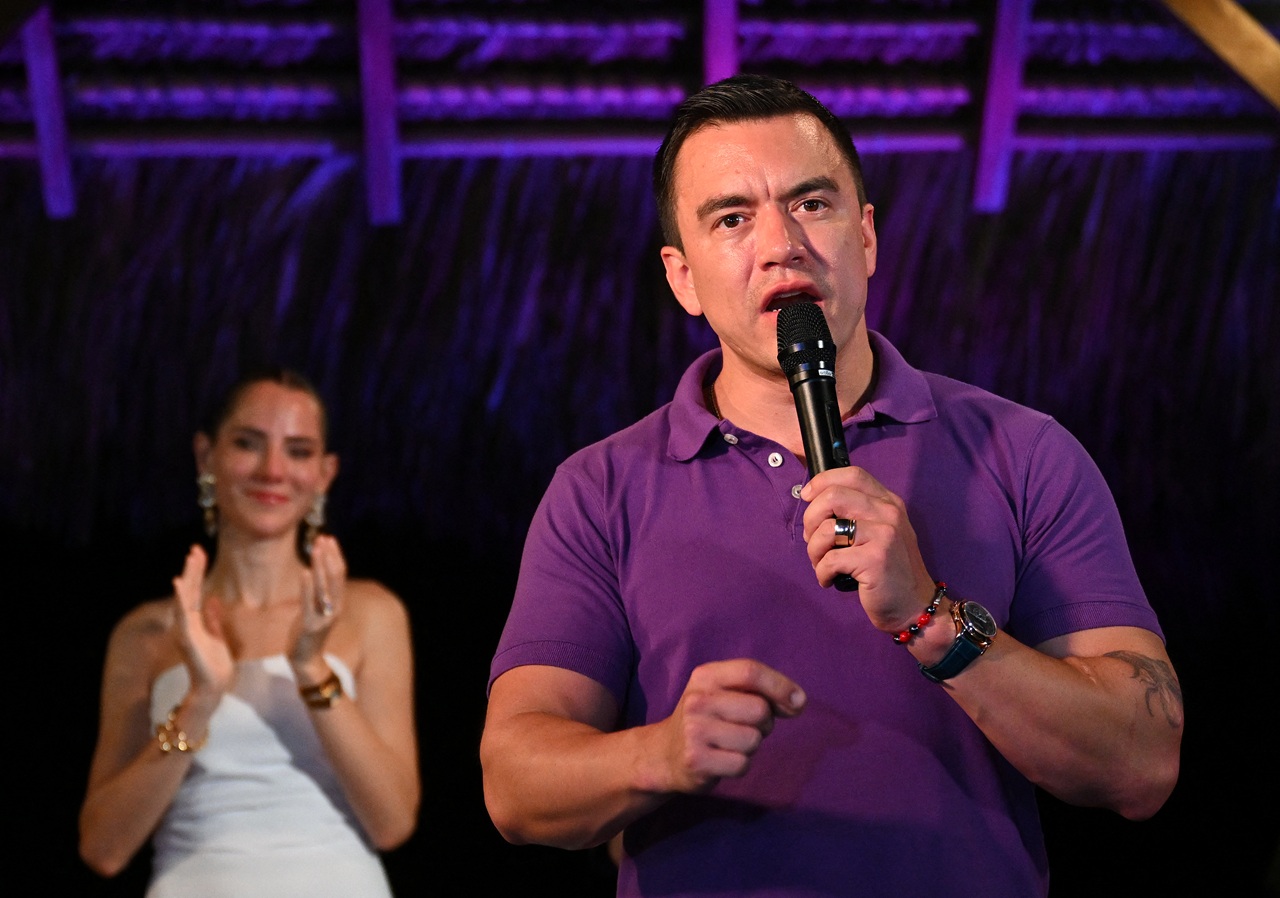
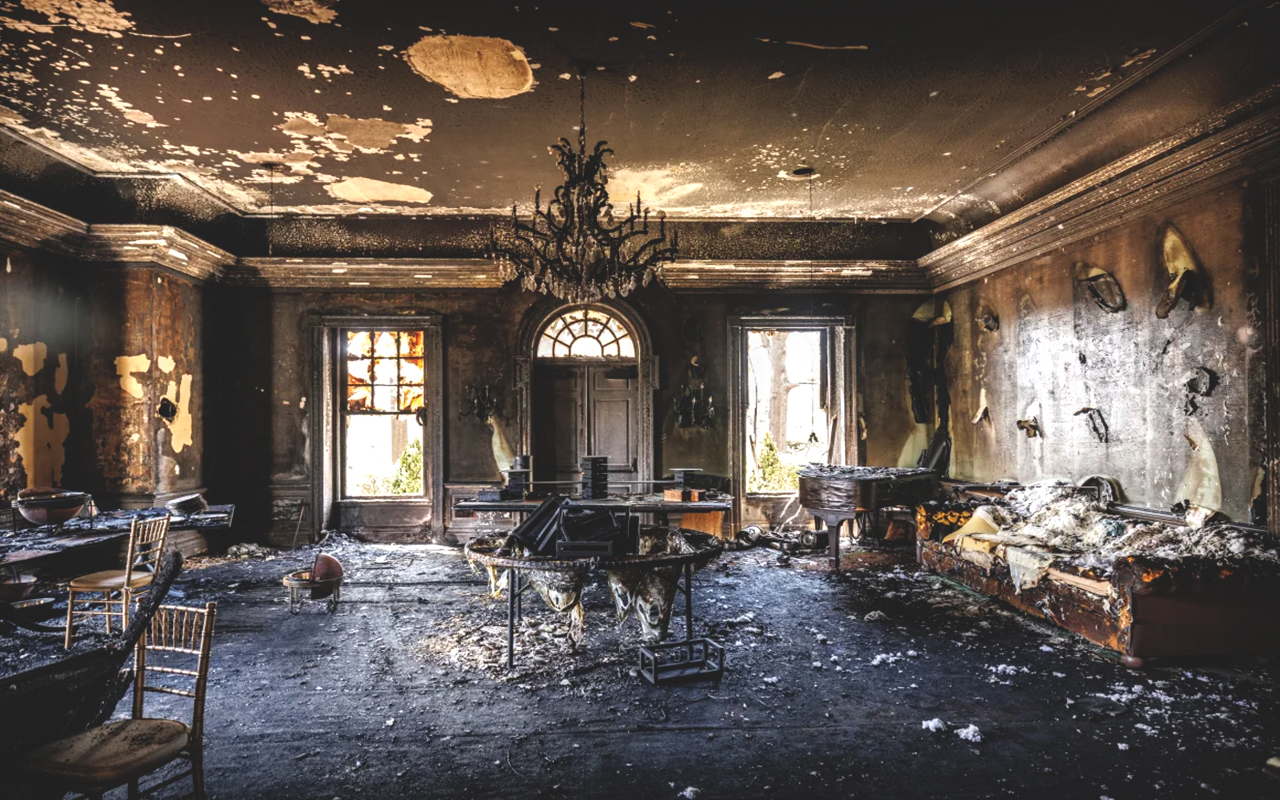
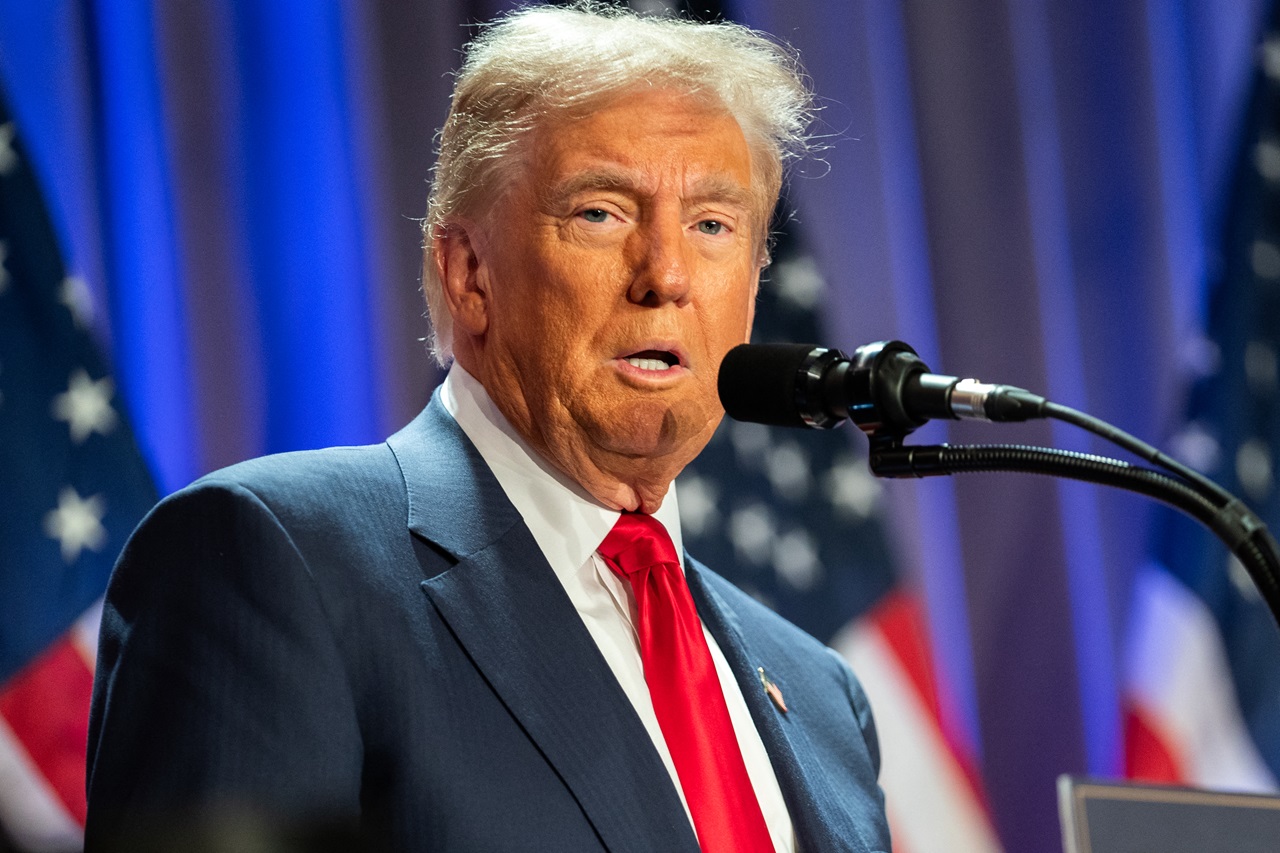
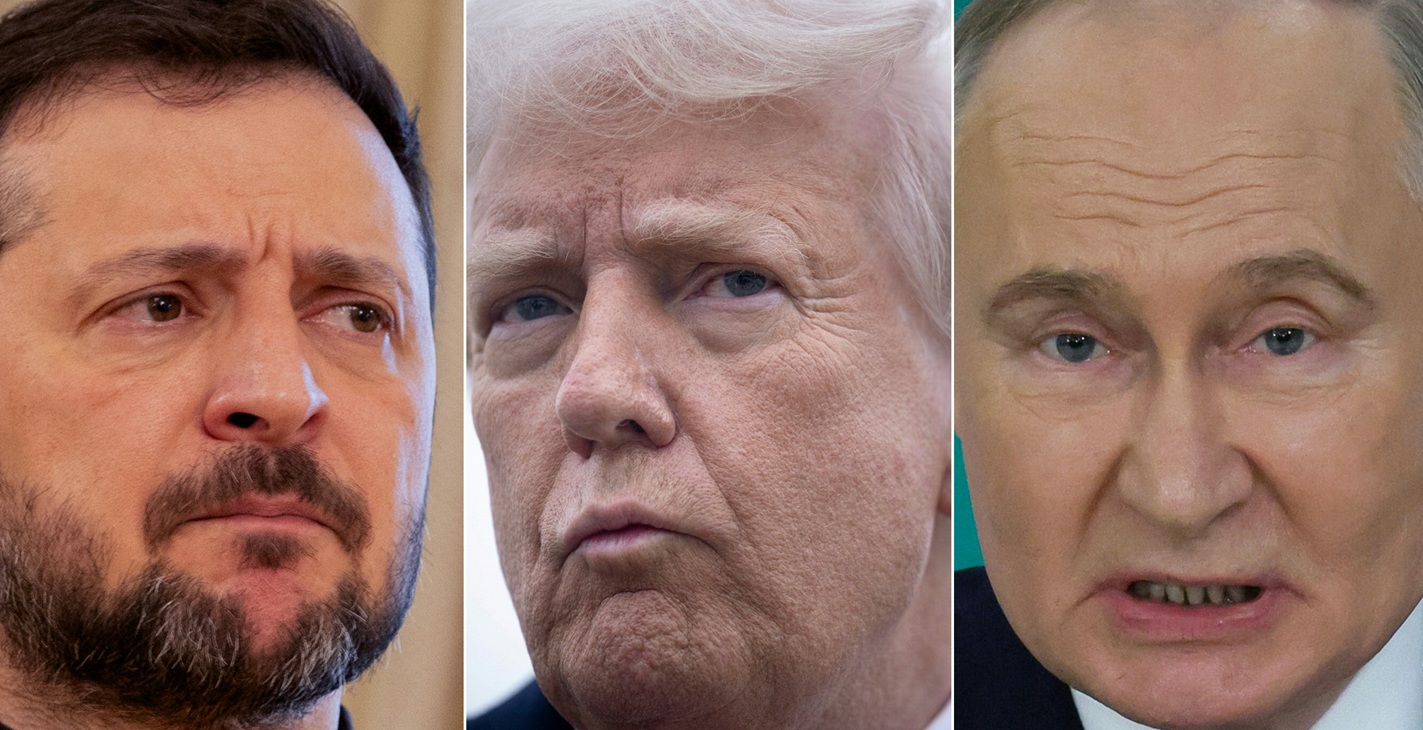

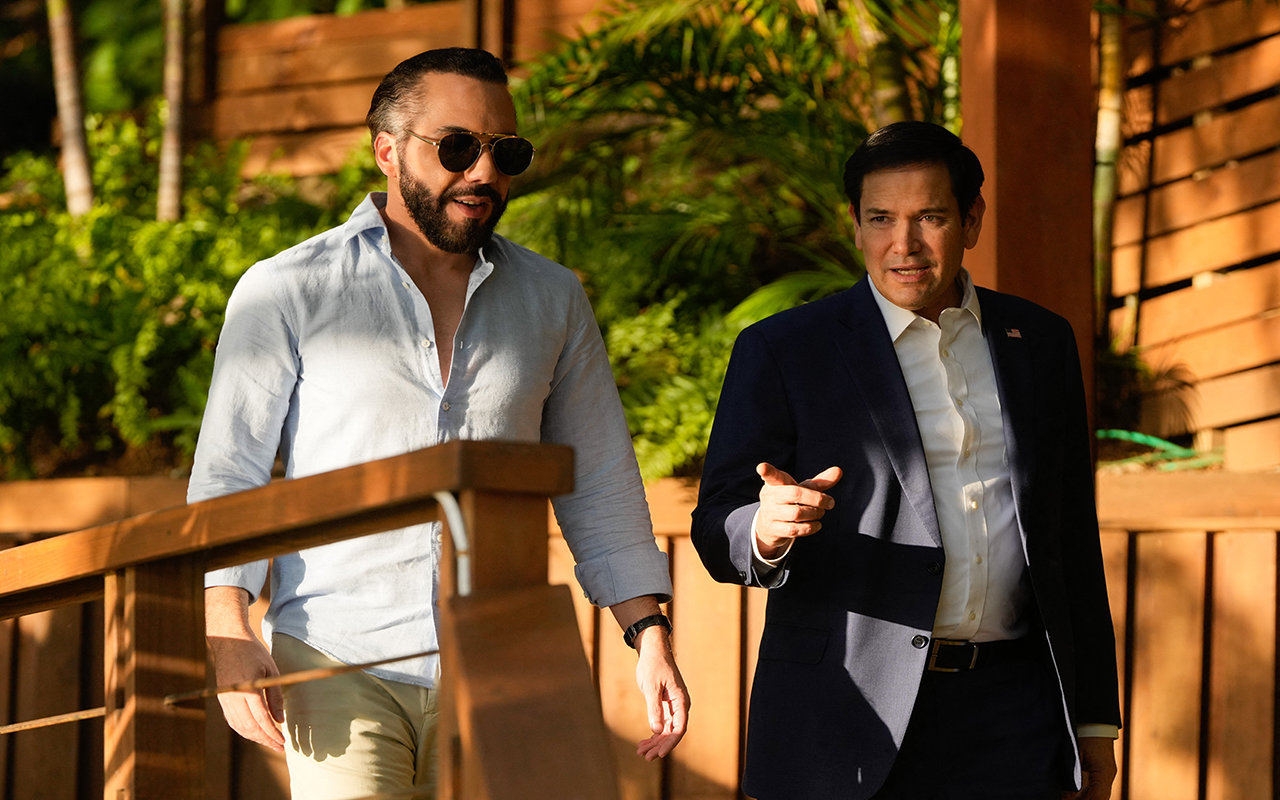

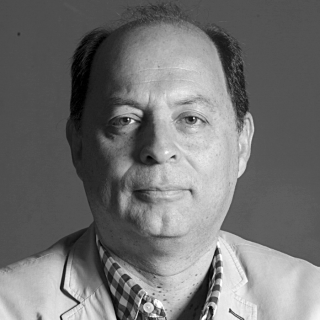
LEAVE A COMMENT: